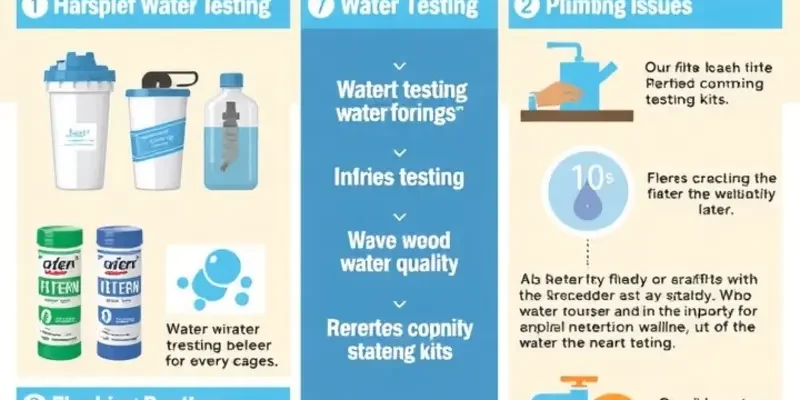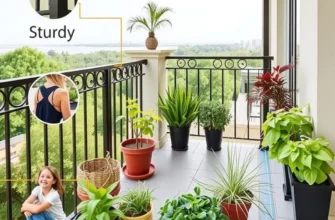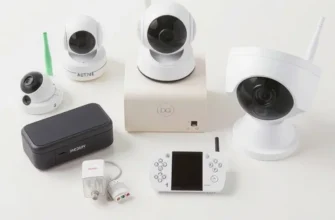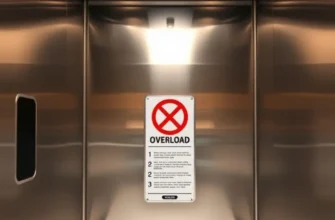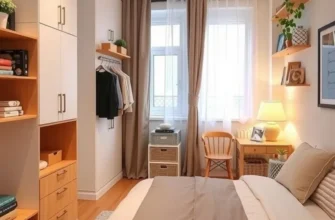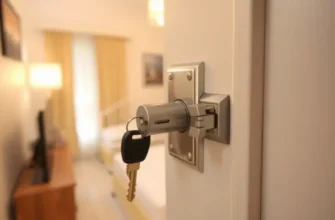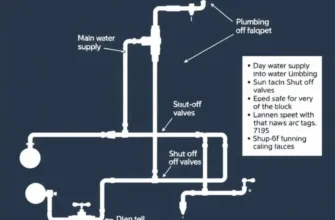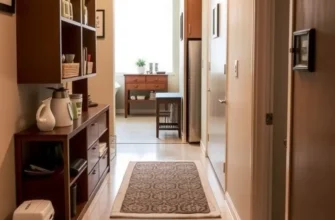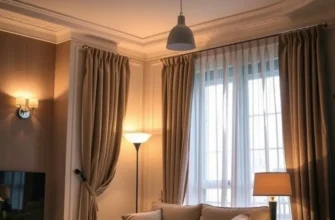In an apartment setting, ensuring safe water practices can often feel overwhelming — especially when maintenance responsibilities may not lie solely with you. However, focusing on simple, effective strategies will not only enhance your living environment but also provide you with peace of mind. Water safety issues such as contamination or leaks can lead to significant health risks and property damage. By adopting proactive measures, you can safeguard your personal space and ensure you’re doing everything possible to maintain a hassle-free lifestyle. This guide will walk you through essential practices to manage water safety in your apartment effectively. From understanding basic plumbing principles to recognizing the importance of routine checks and maintenance, equipping yourself with knowledge is the first step towards a secure living space.
Understanding Water Quality and Safety
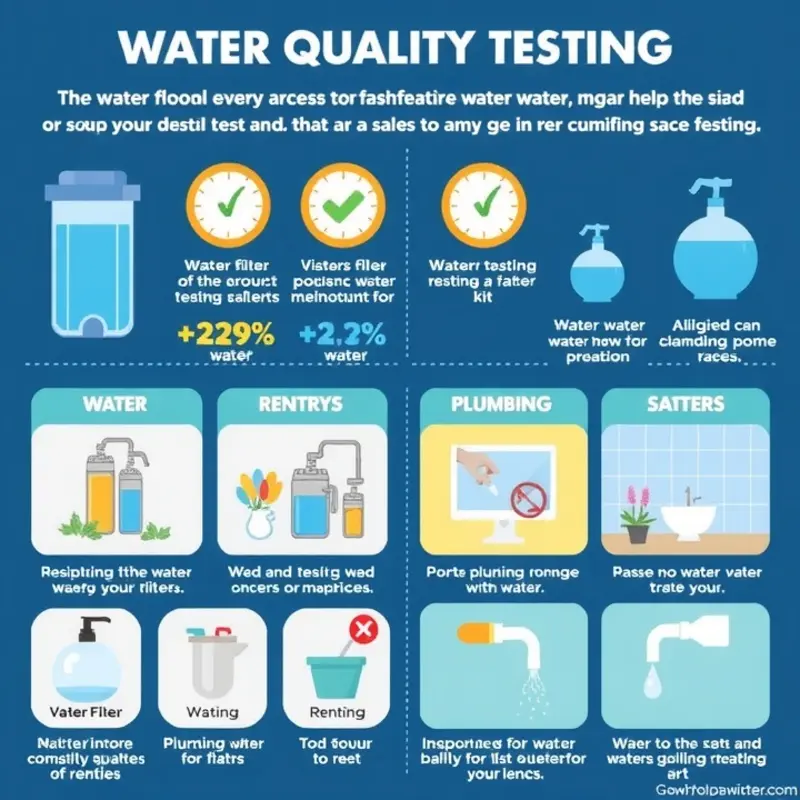
When living in an apartment, water quality and safety are essential yet often overlooked aspects of a healthy lifestyle. Renters may face various water quality issues, ranging from contamination to plumbing problems. Understanding these potential risks and how to address them is crucial for maintaining safe water practices.
Contamination can arise from numerous sources. Aging infrastructure might introduce lead and copper, while industrial pollutants can seep into the municipal supply. Apartments relying on well water may face additional challenges, such as bacterial contamination or high mineral content. Ensuring the pipes and fixtures in your apartment are in good condition can also prevent issues like lead leaching or other contaminants infiltrating your water system.
Common plumbing problems can affect water quality significantly. Leaky pipes not only waste water but can also allow contaminants to enter. Similarly, sediments or debris in the plumbing system might lead to discolored water or unpleasant odors. Understand that even if the water supply is safe at its source, poor plumbing can compromise its quality by the time it reaches your tap.
To safeguard your water quality, testing is a proactive step. Home testing kits are available and can give you a basic understanding of what might be in your water, such as chlorine, pH levels, and hardness. For a more comprehensive analysis, consider professional testing services. This helps identify pollutants and allows you to take informed steps to address them.
Using water filters is a practical method to improve water safety. Various filters are designed to target specific contaminants. For instance, carbon filters are effective for reducing chlorine taste and odor, while reverse osmosis systems can remove a broader range of pollutants, including lead and nitrates. Mountable or pitcher filters can fit seamlessly into apartment living, providing an easy and affordable way to enhance water quality.
Understanding local water quality reports is also beneficial. These reports, often available online or through local government agencies, provide information on the municipal water supply, including contaminant levels and safety measures. Knowing this information helps you stay informed about the potential risks and the effectiveness of your current solution.
For further reading on ensuring a healthy living environment, you might find it useful to explore apartment-friendly DIY cleaning products. By integrating clean water-use habits with non-toxic cleaning solutions, you enhance overall wellness in your apartment.
Staying informed and proactive can make a significant difference in your health and safety as a renter. With a clear understanding of potential issues and practical solutions, you can ensure your apartment’s water is not only safe but also of optimal quality.
Regular Maintenance and Emergency Preparedness
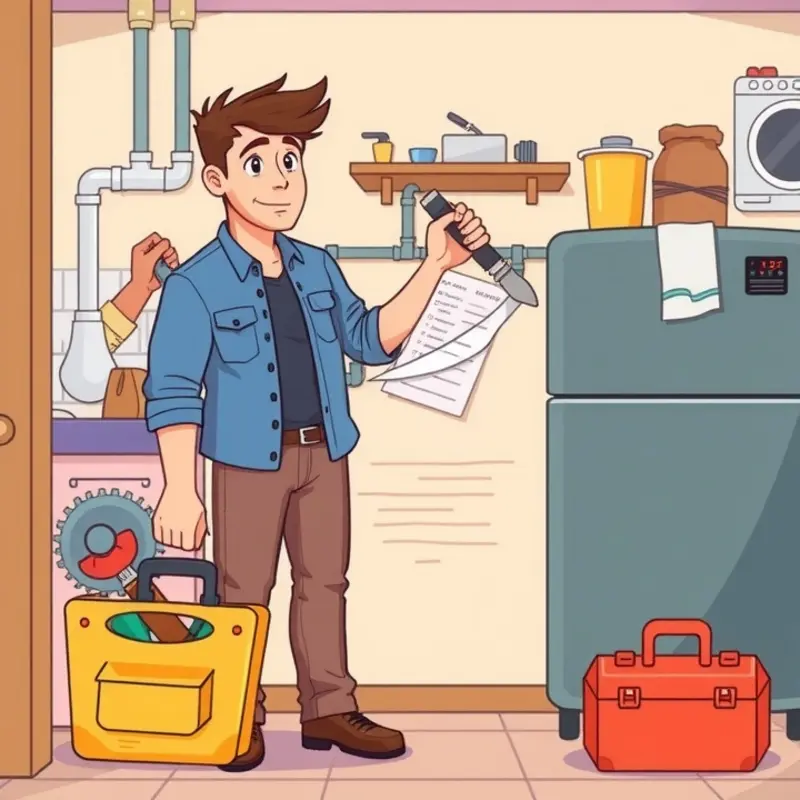
Proper care and timely maintenance of your apartment’s plumbing system not only ensures efficient water usage but also prevents costly damages. Residents should regularly verify that everything is working as expected—this proactive approach is essential for safe water practices.
Conducting routine inspections of visible plumbing fixtures, such as faucets, showerheads, and under-sink pipes, can help catch potential issues early. Look for signs like discoloration around fittings, dampness, and mold growth, which may indicate leaks. It’s crucial to address these as soon as possible to avoid escalation.
Additionally, checking the functionality of valves, especially those controlling water flow into the apartment, is critical. Knowing what each valve does and ensuring it can be operated easily will be priceless in emergencies.
In terms of managing emergencies effectively, preparing yourself starts with understanding the water systems within your apartment. Familiarize yourself with the main water shut-off valve’s location and how to operate it. This knowledge can save precious time and mitigate water damage if a significant leak occurs.
In the event of a water leak, the first step is to seek the source and determine if it’s an isolated fixture like a sink or a widespread issue. Then, turn off the related valve promptly. Engage with the building maintenance team or relevant professionals for repairs once the immediate threat is neutralized. Remember to document the incident via photos or written notes; this can be vital evidence if disputes arise later with property management.
For minor issues like a dripping tap or a slightly clogged drain, renters may consider simple fixes. While more straightforward repairs are typically permitted, ensure compliance with lease agreements. Keeping handy safety-oriented DIY tools, such as non-damaging wrenches and unclogging aids, can be useful in minor inconveniences.
Finally, understanding your lease is vital for knowing your responsibilities and rights concerning apartment repairs. Many buildings have renter resources provided for such incidents. Engaging with available resources, such as knowledge repositories or digital service calls, can further equip you to handle plumbing enigmas. Consider visiting resources like Safe Apartment Laundry Habits to reinforce domestic safety measures associated with water use.
Being diligent with maintenance reduces the chance of plumbing issues while preparing for emergencies ensures minimal disruption and damage. With an informed approach to plumbing care, apartment dwellers can maintain a safe and efficient living environment.
Final words
Taking your water safety seriously can make a significant difference in your apartment living experience. By understanding the quality of your water and maintaining your plumbing systems actively, you can prevent larger issues and ensure that your home remains safe and comfortable. Remember, knowledge and maintenance are your best tools against potential hazards. Equip yourself with the right information and take action — your water safety is worth the effort.

